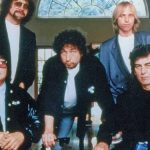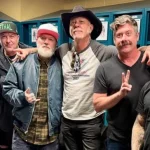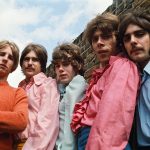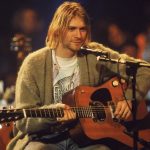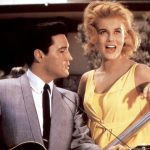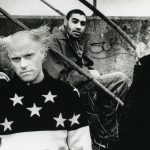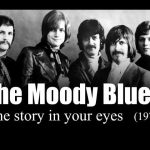Punk Rock’s Golden Era: Green Day and Blink-182 – The Anarchic Anthems of a Generation 🤘🎸💥
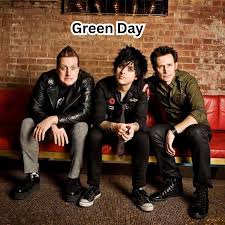
 While the raw energy of bands like The Sex Pistols and The Ramones ignited the punk scene in the ’70s, and the underground carved its path in the ’80s, the 1990s witnessed an explosive resurgence and mainstream embrace of punk rock, often dubbed “pop-punk.” Leading this exhilarating wave were two California titans who not only defined a generation but continue to inspire countless musicians today: Green Day 💚 and Blink-182 🎶.
While the raw energy of bands like The Sex Pistols and The Ramones ignited the punk scene in the ’70s, and the underground carved its path in the ’80s, the 1990s witnessed an explosive resurgence and mainstream embrace of punk rock, often dubbed “pop-punk.” Leading this exhilarating wave were two California titans who not only defined a generation but continue to inspire countless musicians today: Green Day 💚 and Blink-182 🎶.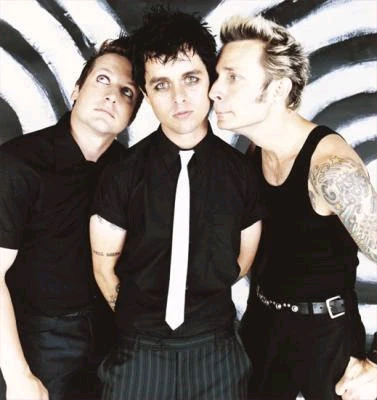
Green Day, bursting from the East Bay punk scene, brought a potent mix of raw energy and instantly infectious hooks. Their 1994 masterpiece, Dookie, wasn’t just an album; it was a cultural earthquake, unleashing anthems like “Basket Case,” “Longview,” and “Welcome to Paradise.” 🎤 With Billie Joe Armstrong’s signature sneer, Mike Dirnt’s driving bass, and Tré Cool’s frenetic drumming, Green Day catapulted punk rock back into mainstream consciousness, albeit with a more melodic, accessible edge. They fearlessly tackled themes of alienation, boredom, and societal disillusionment, all wrapped in undeniably catchy tunes. 🤘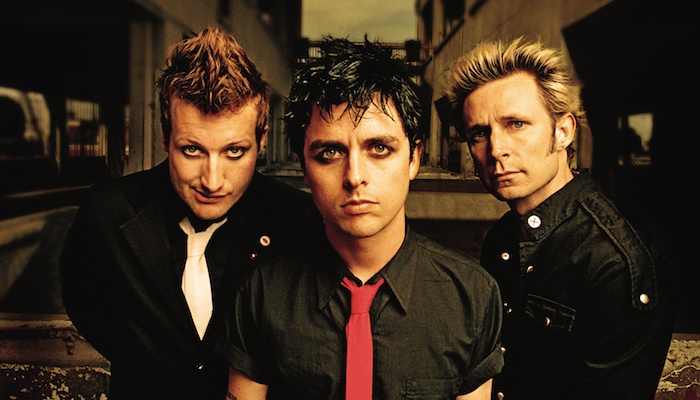
Across the Golden State, Blink-182 offered a more humorous, often self-deprecating, take on the genre. Their blend of lightning-fast tempos, memorable melodies, and cheeky lyrics about teenage life, relationships, and charming immaturity struck a massive chord. Albums like Enema of the State (1999) and Take Off Your Pants and Jacket (2001) became playgrounds of hits like “What’s My Age Again?,” “All the Small Things,” and “First Date.” 😂 Mark Hoppus with his distinctive vocals and witty lyrical narratives, Tom DeLonge with his nasal delivery and quirky guitar riffs, and Travis Barker with his incredibly skilled and influential drumming forged a signature sound that was both energetically infectious and instantly recognizable. 🥁
Though both bands championed the “pop-punk” banner, they each brought their unique flavor. Green Day often infused their tracks with political undertones and sharper social commentary, while Blink-182 leaned into the humorous, relatable struggles of adolescence and young adulthood. 🌟
Their combined impact on music is immeasurable, paving the way for a legion of bands and inspiring a generation to pick up instruments and express themselves. They proved that punk could be both rebellious and universally appealing, cementing their status in the golden era of the genre. 🚀

